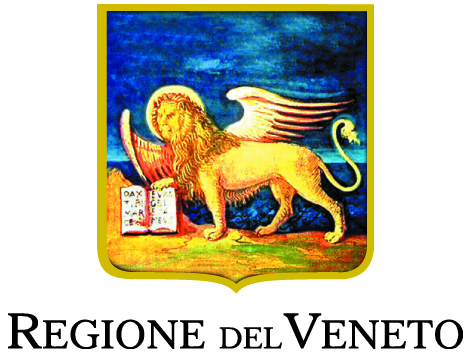The INVITE doctoral programme aims to encourage each student’s intellectual curiosity and support the acquisition of critical thinking skills by training them in the use of innovative theoretical tools and practical methods.
The students’ research activities will be finalised by the completion of a specific research project, but added value will be achieved by incorporating two additional generic objectives: to acquire theoretical, experimental and procedural skills; and to direct research towards problems relevant for society, industry, or the general development of a scientific field.
The training and research programme includes three main components:
- The training and research programme of the PhD courses
- A meta-disciplinary training programme
- A coaching, counselling and vocational guidance
Training and research programme of the PhD courses
Each INVITE PhD student will be enrolled in one of the fourteen PhD courses of the University of Verona:
Arts and Humanities
- Foreign Literatures, Languages, and Linguistics
- Human Sciences
- Philology, Literature and Performance Studies
Legal and Economic Sciences
- Economics and Management
- European and International Legal Sciences
Health and Life Sciences
- Applied Life and Health Sciences
- Biomolecular Medicine
- Cardiovascular Sciences
- Clinical and Experimental Biomedical Sciences
- Inflammation, Immunity and Cancer
- Neuroscience, Psychological and Psychiatric Sciences, and Movement Sciences
Natural and Engineering Sciences
- Biotechnology
- Computer Science
- Nanosciences and Advanced Technologies
In addition to the specific core training offered within the chosen doctoral course, PhD students will be involved in a series of activities, including seminars and specialisation courses, which will help to broaden their knowledge on topics of interest that are relevant for their research projects.
Students will be encouraged to attend and/or contribute to international conferences and workshops, in order to enhance their capacity to present and discuss scientific data.
The meta-disciplinary training programme
Each INVITE student will be encouraged to attend meta-disciplinary training programmes focusing on the following transferable skills:
- IPR and exploitation of research results;
- outreach, communication and dissemination activities;
- writing articles, preparing posters, and public speaking;
- open data and data management;
- the ethical aspects of scientific research;
- the gender dimension in research;
- proposal writing and project management, focusing on Horizon 2020 calls.
This training will not only provide students with the skills required for a successful research career in the academic and non-academic sectors, but will also promote Responsible Research and Innovation (RRI), thus maintaining a positive dialogue between researchers and all stakeholders (citizens, policymakers, businesses, and third sector organisations).
Coaching, counselling and vocational guidance
This programme will include:
- A meta-disciplinary training course to develop the soft skills required for a successful integration in the labour market;
- Customised vocational guidance to help ESRs achieve the effective planning of their own post-doctoral career.
The coaching, counselling and vocational guidance programme will have a modular structure throughout the 3 years of doctoral training, and will aim to make INVITE students reflect on their own professional profile, on their competencies and resources, enabling them to take advantage of all job opportunities after their PhD and to develop a concrete action plan for their own future.
This programme is based on individual meetings and work in groups of 5–8 people. The programme has three phases, corresponding to each year of doctoral training.



